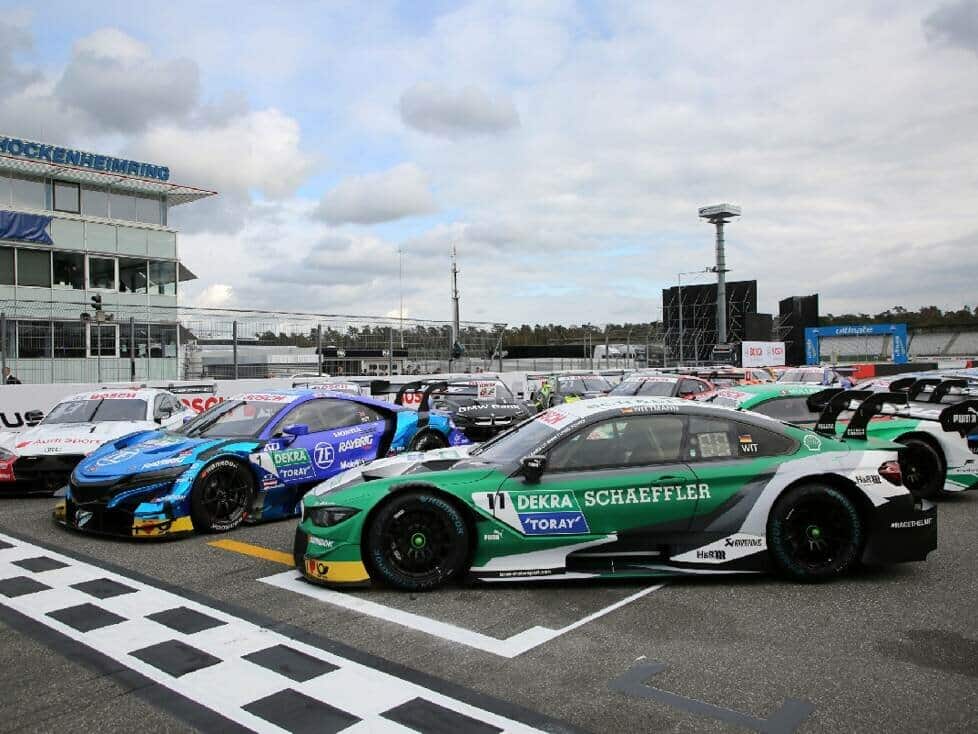Why the efforts of DTM and Super GT to create a joint car have suffered a setback and the engine sound divides Germany and Japan
About a year ago, there was optimism that the collaboration between the DTM – now under the leadership of the ADAC – and Japanese Super GT promoter GTA could be relaunched. At a meeting in Frankfurt at the end of February 2023, there was even talk of a possible Class 1 successor
However, GTA boss Masaaki Bandoh is now causing a stir with statements that this idea is a long way off. “It is true that the ADAC had such an intention, but the German manufacturers have told us that they are assuming a battery-electric vehicle in the future, which is not compatible with our concept,” Bandoh told Auto Sport Web.
In contrast to the electric concept, the aim of motorsport in Japan is to “maintain the sound”, Bandoh clarifies. As a result, different interests are being pursued, which stands in the way of cooperation.
Bandoh sees “attitude of German manufacturers” as an obstacle
“As long as the attitude of the German manufacturers does not change in the future due to changes in their environment, it is clear that cooperation will be difficult for the time being,” said Bandoh, whose Super GT series continues to use the Class 1 prototypes used in the DTM until 2020.
These are equipped with four-cylinder naturally aspirated engines with turbocharging. Since 2023, the Japanese Class 1 cars have been using a 100 percent sustainable fuel made from biological waste, which is supplied by the German company Haltermann Carless. According to Bandoh, it is considering “the introduction of a hybrid drive in 2030”.
With his statements, the Japanese GTA President is suggesting that further talks with German manufacturers have taken place following the meeting in Frankfurt almost a year ago, which was also attended by ADAC Sports President Gerd Ennser and Motorsport Director Thomas Voss.
ADAC confirms: “Manufacturers demand battery-electric cars “
While the Japanese manufacturers are open to technology and believe that motorsport must make noise, Germany has committed itself to the electric car. This is also confirmed by ADAC Head of Motorsport Thomas Voss, who refers to the development of road cars in Germany and the EU.
“Cars with combustion engines will be banned from 2035, and the manufacturers are asking us to use battery-powered electric cars in sprint races.”
“I’m not talking about the Nürburgring 24 Hours or 12-hour races, but about the DTM and sprint racing series,” he specifies.
GT3 still more attractive for DTM than hybrid concept in the future?
What about hybrid vehicles, as the Super GT series is aiming for? “The German manufacturers in particular are all telling us: ‘We’re doing WEC, and the LMDh cars are too expensive to use in a national series’. As far as DTM and other national series are concerned, they want to stick with GT3 and GT4.”
This is also in line with the manufacturers’ plans for the series, as Voss explains: “For the future, they have planned battery-electric cars in Germany, while hybrid cars are only planned for the next five or six years. So I don’t think we will see hybrid cars in the DTM.”
According to the ADAC, however, the status quo does not mean that talks with the Japanese will be broken off. Instead, they want to remain in contact and coordinate with each other to see if there are ways of working together even without a Class 1 successor

